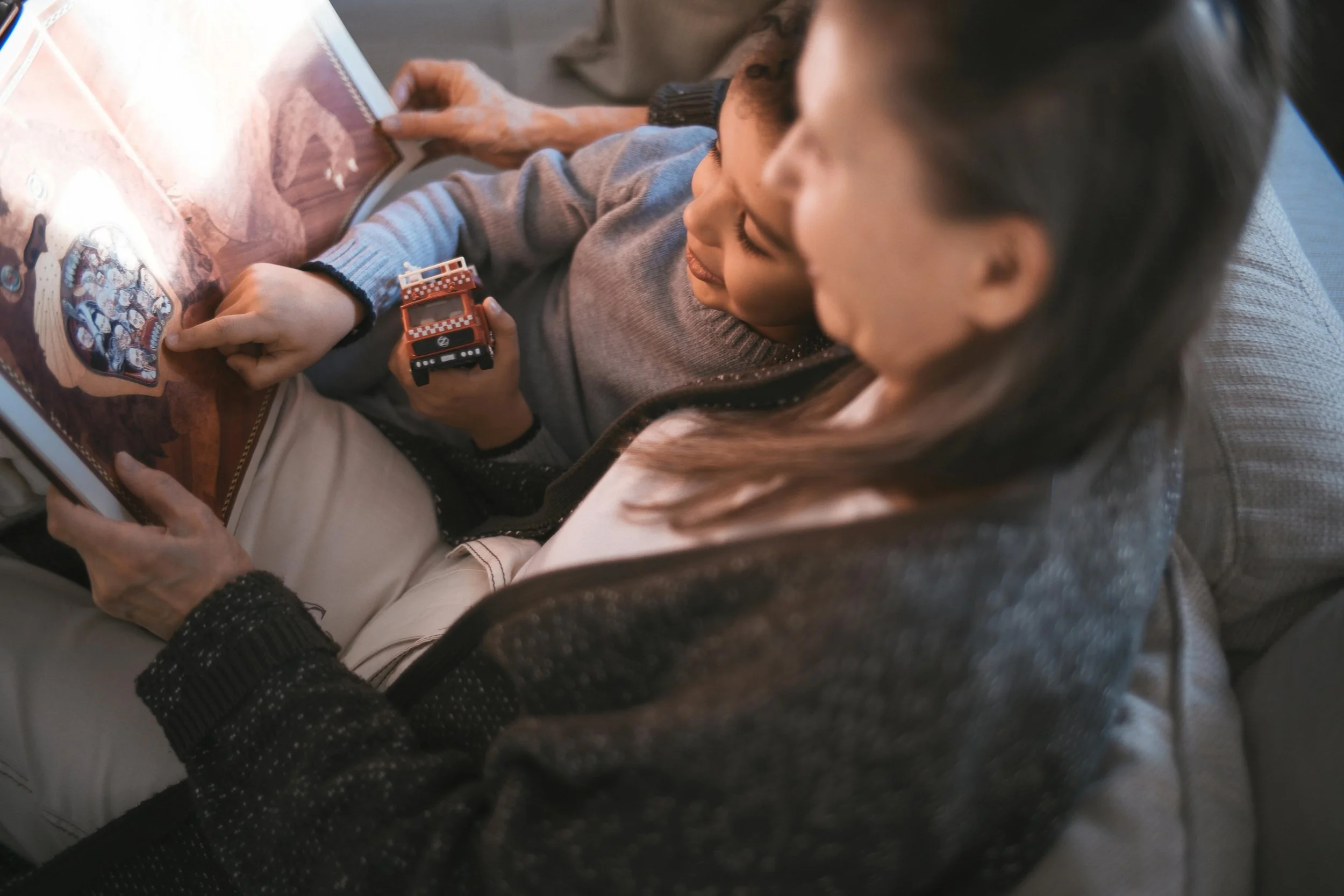Ensuring every young Australian has a great start to life and an even better future
How can we design early learning around the changing needs of young children, and the realities of modern family life?
Barriers to early learning in modern Australia
Goodstart Early Learning, Australia’s largest not-for-profit early learning provider, strives every day to ensure that every child has access to high-quality early education that meets their individual needs and the diverse needs of their families.
In 2017, Goodstart launched GoodFuture, an ambitious initiative to rethink early learning for children. Its focus was on the 60,000 children who start school each year without the preparation they need to learn and grow.
Goodstart wanted to understand what was getting in the way of these families giving their children what they needed to thrive. This led them to undertake a process of deep engagement with families, educators, and communities to answer three key questions:
What prevents families from accessing early learning?
How can services adapt to changing workforce patterns and family structures?; and
How can early learning evolve to prepare children for a future that looks very different from today?
Rethinking early learning for the future
Over three years, ThirdStory (then Innovation Unit Australia New Zealand) supported Goodstart to explore the experiences of families in order to design and scale offers that respond to their needs and ambitions. We also walked alongside Goodstart as their leadership team considered, ‘what does a future-focused early learning organisation look like and what does it need to operate?’
Through the discovery process parents expressed a strong desire for more flexible early learning options, such as programs that accommodate non-traditional work schedules. They also highlighted the importance of strong relationships between educators and families, with a need for centres to feel more like community hubs rather than just childcare facilities.
Many parents shared that asking for help often came with feelings of judgment or inadequacy, preventing them from seeking the support they needed. The research also revealed that for some, family support networks were not always reliable or available, reinforcing the need for early learning services that provide holistic family support.
In response, GoodFuture co-designed numerous prototypes that have already sparked significant interest and momentum within Goodstart and beyond. Centres and families across the country designed, tested and implemented new offers ranging from nature-based learning experiences to the provision of learning and care outside of ‘core’ business hours and a home-based early learning program, which was successfully scaled across the organisation during the Covid-19 pandemic.
“I feel safe in my heart”
Co-designing, testing and implementing the strongest ideas
GoodFuture is built on a foundation of listening and learning. Over an intensive period, we engaged with families across Australia from diverse backgrounds to understand their daily routines, challenges, and aspirations for their children. We also spoke with educators, early learning directors, and policymakers to gain insight into the barriers within the system.
Findings from this discovery process then informed a series of intensive design sprints, where more than 300 educators, designers, and parents worked together to collaborate on new ideas for early learning offers. Over five days, participants undertook deeper discovery work, used horizon scanning to raise the level of ambition, developed design briefs for new practices and programs, and tested them with local families. Six early-stage prototypes emerged for further testing.
We know that in some respects, having ideas is easy - but implementing them is much harder. We worked with Goodstart over the course of a year to test the emerging prototypes to ensure their desirability with families, and collaborated with ‘head office’ teams through the messy work of implementation.
Implementation support included costing prototypes and adjusting budgets, developing and amending policies and procedures, co-designing tools and resources with educators and experts to support implementation, and inviting staff and families to engage with the emerging ideas and bring them along the journey so that new offers would have a stronger chance of being adopted and making an impact.
Project team
Keren Caple Chief Executive
Martin James Director, Innovation and People
Emma Scott Senior Project Lead
David Albury Senior Associate
Julie Temperley Senior Associate, Innovation Unit (UK)

